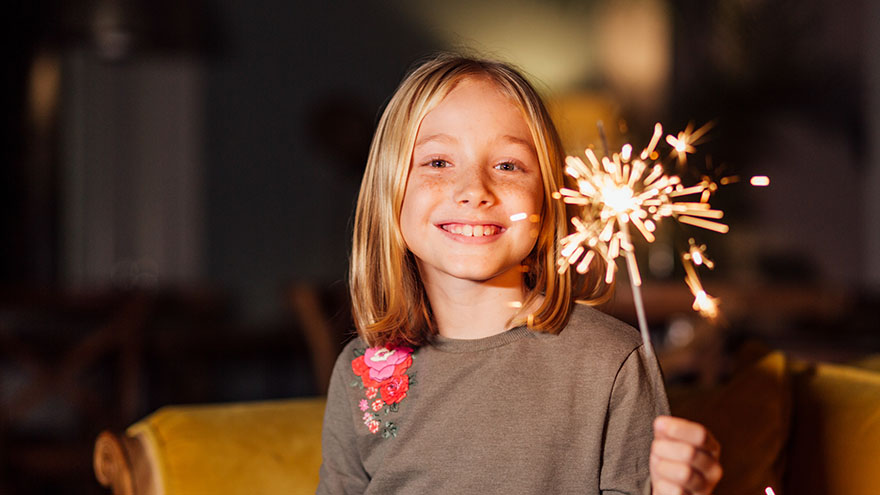Search
-
Avoid Heat Exhaustion With This Simple Checklist
Young children under 4 and adults over 65 are especially vulnerable to heat exhaustion. Avoid heat exhaustion this summer with some expert tips. Northern Nevada summers can be downright hot, and although the balmy temperatures can feel great, they may cause heat-related illness, also known as heat exhaustion. Infants and children under 4 and adults over 65 are particularly vulnerable to heat exhaustion because their bodies adjust to heat more slowly. Without proper intervention, heat exhaustion can progress to heat stroke, which can damage the brain and other vital organs and even cause death. The Warning Signs of Heat Exhaustion Heavy sweating Elevation of body temperature Paleness Muscle cramps Tiredness, weakness, dizziness Headache Fainting Nausea or vomiting Cool and moist skin Fast and weak pulse Fast and shallow breathing Heat stroke happens when the body’s temperature rises rapidly and the body loses its ability to sweat. The Symptoms of Heat Stroke Body temperatures rising to 106 degrees or higher within 10 to 15 minutes Red, hot and dry skin (no sweating) Rapid, strong pulse Throbbing headache Dizziness or nausea Prevention and Treatment Make sure your air conditioner works Stay indoors and drink plenty of fluids Limit strenuous outdoor activities to mornings and evenings Drink plenty of water throughout the day Avoid caffeine and alcohol Do outdoor activities in the shade and wear light, loose clothing Take plenty of breaks and drape a wet bandanna around your shoulders to cool down If you suspect you or someone else is headed toward heat exhaustion or heat stroke, call 911 immediately.
Read More About Avoid Heat Exhaustion With This Simple Checklist
-
Making a New Year's Resolution: It's Not Just for Grownups
The New Year is just around the corner, and many of us are making resolutions to better ourselves and improve our lives. But who says it's just for grownups? This January have some fun, and set a New Year's resolution with your child. Your children are bound to love ringing in the New Year with their very own resolutions. And there are lots of benefits to your child coming up with their own resolutions: Self-discipline, self-improvement, commitment and the value of making goals and following through. 1. Get the family involved Sit down together and reflect on the past year and discuss accomplishments and goals. 2. Make them specific Just resolving to “do better in school” probably won’t work. Set a specific goal. 3. Write them down Have each family member write down their resolution and post the list somewhere where it can be seen often. 4. Be a role model Come up with a resolution of your own. If your child sees you stick to your resolution; odds are they will too. 5. Pick a reward Having something fun to work towards can always be a good incentive. Just be sure you both agree on the reward ahead of time.
Read More About Making a New Year's Resolution: It's Not Just for Grownups

